In an era dominated by digital communication, email remains a fundamental tool for personal and professional correspondence. However, the convenience of email comes hand in hand with the potential risks of cyber threats, making email security a paramount concern. To fortify your digital fortress, using email authentication is not only important, it is quickly becoming a requirement. Popular email service providers like Gmail and Microsoft 365 now require sender’s mail servers to have email authentication in place, or the message will be rejected.
Email authentication emerges as a crucial line of defense in this landscape, ensuring that the messages we send and receive are from legitimate sources. Let’s delve into the types of email authentication and explore the myriad benefits they bring to the table.
Sender Policy Framework (SPF) is a widely adopted email authentication method. It works by allowing domain owners to specify which mail servers are authorized to send emails on their behalf. This prevents cybercriminals from spoofing or forging the “From” address, a common tactic in phishing attacks. DomainKeys Identified Mail (DKIM) is another potent authentication technique that adds a digital signature to outgoing emails, verifying their authenticity. By validating the source, DKIM ensures that the content remains untampered during transit.
Domain-based Message Authentication, Reporting, and Conformance (DMARC) is the third pillar of robust email authentication. DMARC builds upon SPF and DKIM, offering domain owners a policy framework to declare their authentication practices and instruct email receivers on how to handle messages that fail authentication checks. DMARC provides valuable insights through reporting, allowing organizations to monitor and fine-tune their email authentication strategies.
The benefits of adopting these email authentication methods are abundant. Foremost, they shield against phishing attacks by confirming the legitimacy of the sender. This not only protects individuals from falling victim to scams but also safeguards businesses from reputational damage. Additionally, authenticated emails contribute to enhanced deliverability, as reputable mail servers are less likely to mark them as spam. As we navigate an increasingly digital landscape, email authentication stands as a cornerstone in fortifying our online communication, fostering trust, and ensuring the integrity of our digital identities.
Contact us to learn how implementing email authentication can improve your email deliverability while leveling-up your cyber security posture.
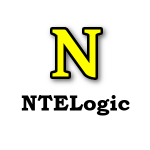
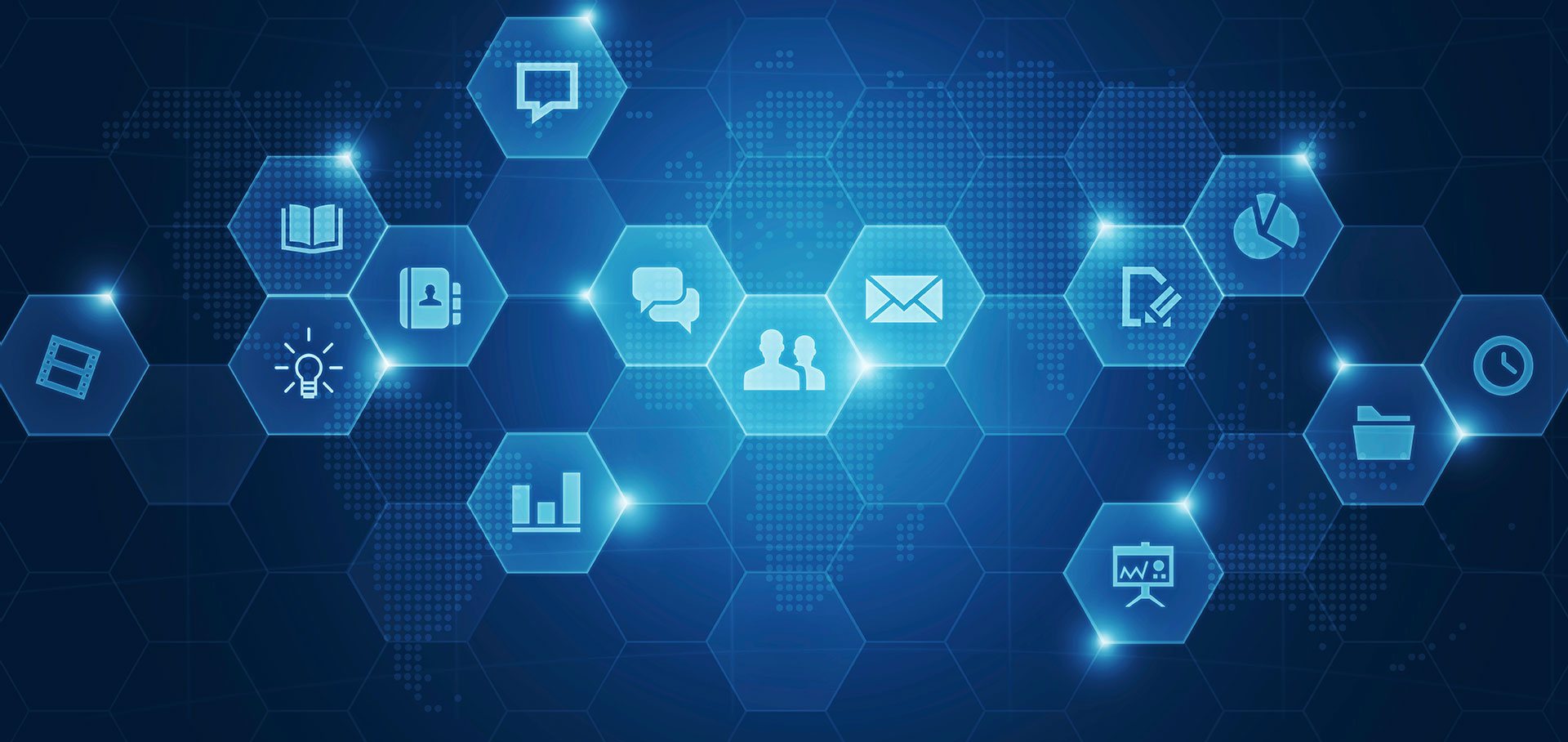
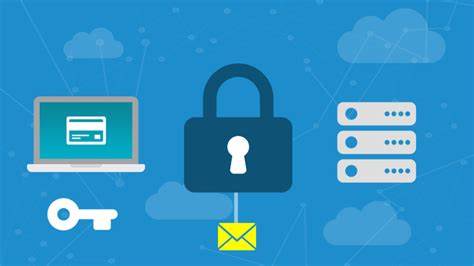


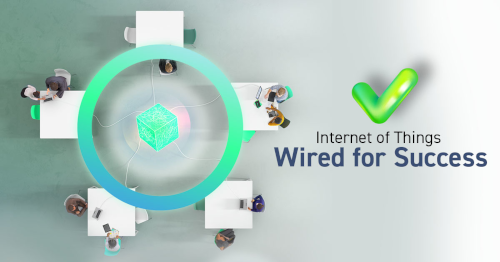



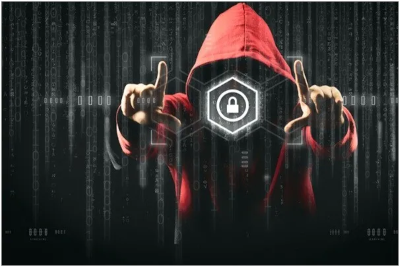
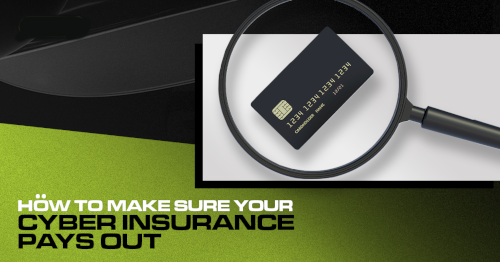
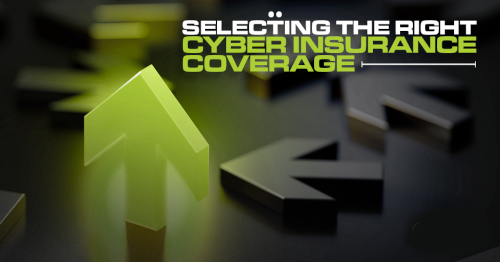


No Comments